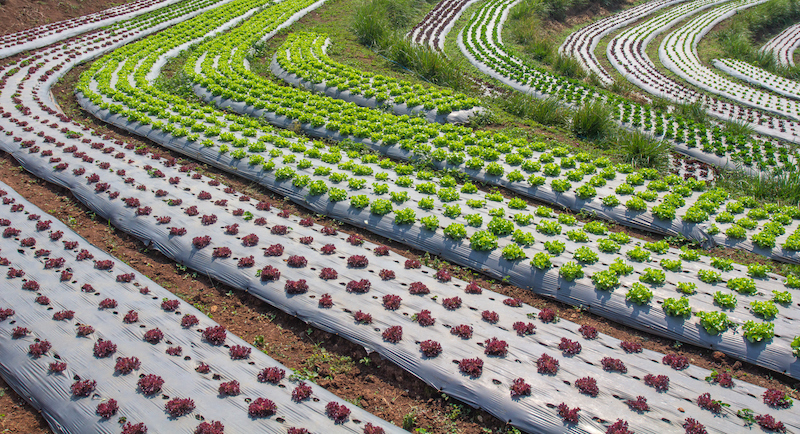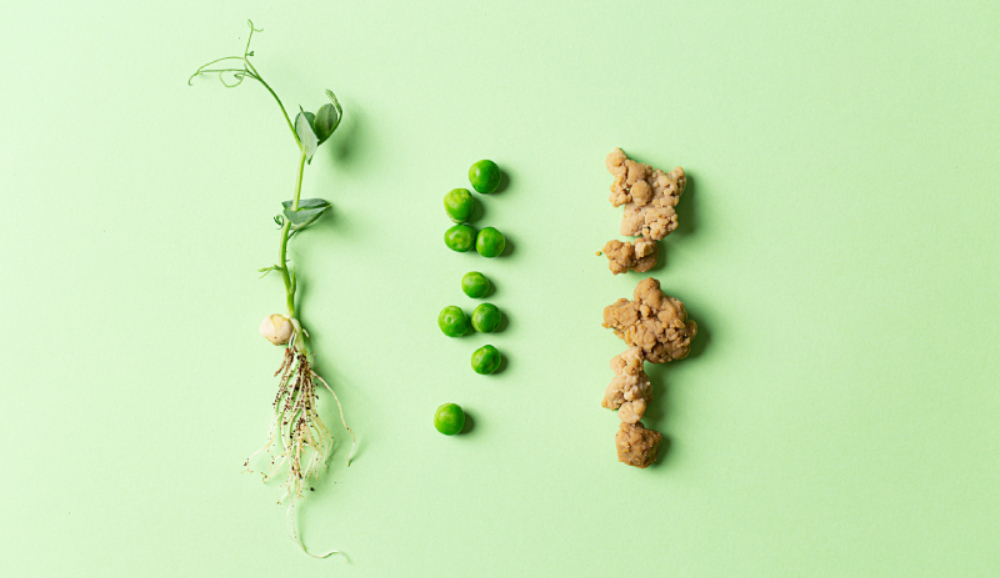Melodea launches sustainable coating to increase recyclability of plastic food packaging

Image credit: Melodea
Israeli packaging solutions developer Melodea, has launched a new water-based, plant-sourced barrier coating, designed to allow more plastic food packaging to be recycled.
The MelOx NGen coating can be used to line the inside surfaces of different types of plastic food packaging, including pouches, films, lidding, and blister packs.
Manufacturers can apply the material easily as a thin transparent layer onto plastic materials without primers, the company says, and it can be used to protect and extend the shelf-life of snacks, confectionary, nutrition bars, meat, and dairy products.
The barrier coating provides a sustainable and cheaper alternative to the widely used petroleum-based ethylene vinyl alcohol copolymers (EVOH), and met-PET (metalised polyester film) plastics, which often feature in packaging lids.
Much plastic packaging in the food sector is unrecyclable “due to its multi-structure composition,” Cee Azerraf PhD, Vice President of Sales & Marketing of Melodea explained in a statement. “EVOH, which is typically infused into the thin plastic films of the food packaging to serve as an oxygen barrier, is non-recyclable preventing the entire package from being recyclable.
“MelOx NGen presents an eco-friendly and cost-effective solution by being applicable to various forms of plastics, including monostructure plastics that possess exceptional performance properties and are recyclable. Our solution will also relieve the current bottleneck in the supply of EVOH.”
Melodea says its solution will enable more food manufacturers to adopt more sustainable packaging practices, and cooperate with government legislations aimed at incentivising the use of non-recyclable materials.
The material has so far been approved as safe for contact with food by the Food and Drug Administration in the United States and the Federal Institute for Risk Assessment in Germany (BfR).
“The global collective effort to drastically curb plastic use is a long and complex process,” said Shaul Lapidot, Ph.D., CEO and co-founder of Melodea. “Our holistic solution can help ease the pressure by boosting the integration of plastic packaging into the circular economy, immediately.”










